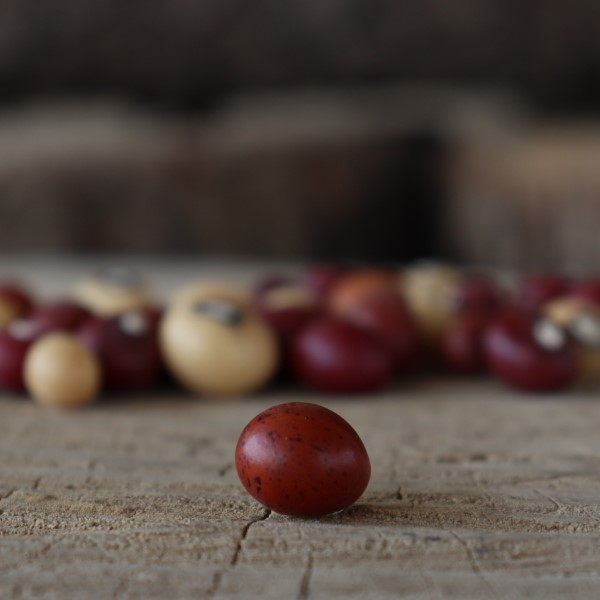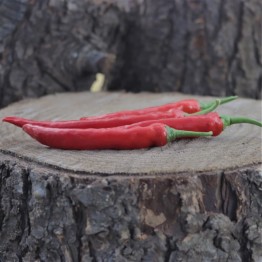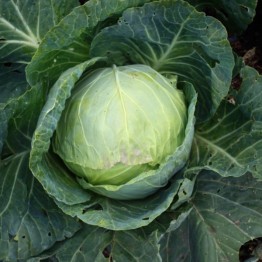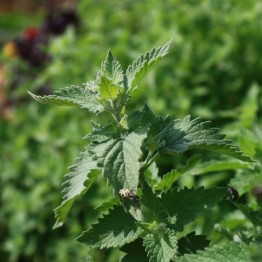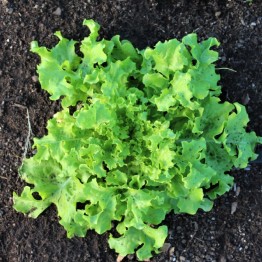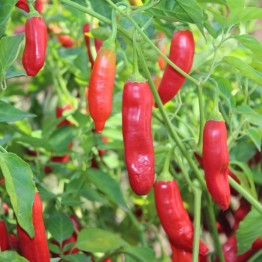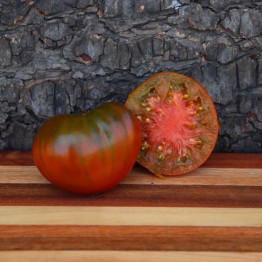Vigna subterranea
African Heirloom. Also called “the seed that satisfy”. It is a ground nut that grows in the same way as peanuts. The whole plant is lifted and the beans are shelled in the same manner as peanuts. It is one of the most productive of all the Bambara nuts. High temperature resistant and makes a very little demand from the soil. It will produce where other legume crops will fail.
Other Names: Cokon (Original local name), Njugo Beans (South-Africa), Kwam (Northern Nigeria), Nyimo (Zimbabwe), Congo Goober, Earth Pea.
Cultivated from at least the 14th century. In 1352 Ibn Battuta, a traveler from what is now Morocco, wrote that the people in Iwalatan dug “from the ground a crop like beans” and that they fried these beans with a taste of peas.This plant is native to and originated in the Sahelian region of West Africa. Its name comes from a tribe who now live mainly in Mali. and a town near Timbuktu. It is the third most important grain legume in semi-arid Africa after cow-peas and groundnuts. It is mostly inter-cropped, with Sorghum, maize Cassava and Millet. This plant is grown in Nigeria south to Malawi, South-America, Madagascar, India, the far east, and Northern Australia. The seeds was carried to America by slaves.
Because of its high nutritional value (65% Carbohydrates and 18-24% protein), the Bambara nut is a very important food crop for poor people and subsistence farmers in Africa. This tasty nut can be eaten fresh while still unripe (green), but become hard as they mature. Mature seeds can be boiled, roasted or fried in oil to bring out the sweet, nutty taste. The dried seeds can be soaked and used like normal dried beans or ground into a nutritious flower for baking and breakfast porridge. The tasty green seeds can also be added to soups and stews.
Recommended for the warmer subtropical regions like Limpopo, Mpumalanga and Kwazulu-Natal. Best grown in sandy, low fertility soil with a light texture that drains well. Phosphor is the most important requirement and. Late or early plantings will result in reduced or very low production.
About 90-180 days to maturity
Coastal Areas: Oct-Nov
Inland Areas: Oct-Nov
Subtropical Areas: Oct-Nov
Standard packet contains approx. 25 seeds
Petite packet contains approx. 10 seeds
Bambara Nut
- Product Code: 217-0005
- Availability: In Stock
-
R33.90
Available Options
Related Products
Tatashe
Capsicum annuum Tatashe is another chilli from the Kano region in Nigeria. A decently flavoured h..
R31.48
Copenhagen Market
Brassica oleracea capitata This variety is well over 100 years old, and has stood the test of t..
R34.05
Catnip
Nepeta cataria Catnip, also known as catmint or catwort, is a hardy perennial herb native to Europe..
R33.49
Salad Bowl Green
Lactuca sativa An All-America Selections prize winner since 1952, Salad Bowl Green is well known ..
R33.89
CAP 1220
Capsicum baccatum This is a wild collected baccatum variety. Sweet, with a mild fruity baccatum..
R31.48
Copper River
Solanum lycopersicumA beautifully coloured indeterminate beefsteak tomato variety originating from N..
R34.12
Tags: Bambara, Nut, Ground Nuts, African Heirlooms,

